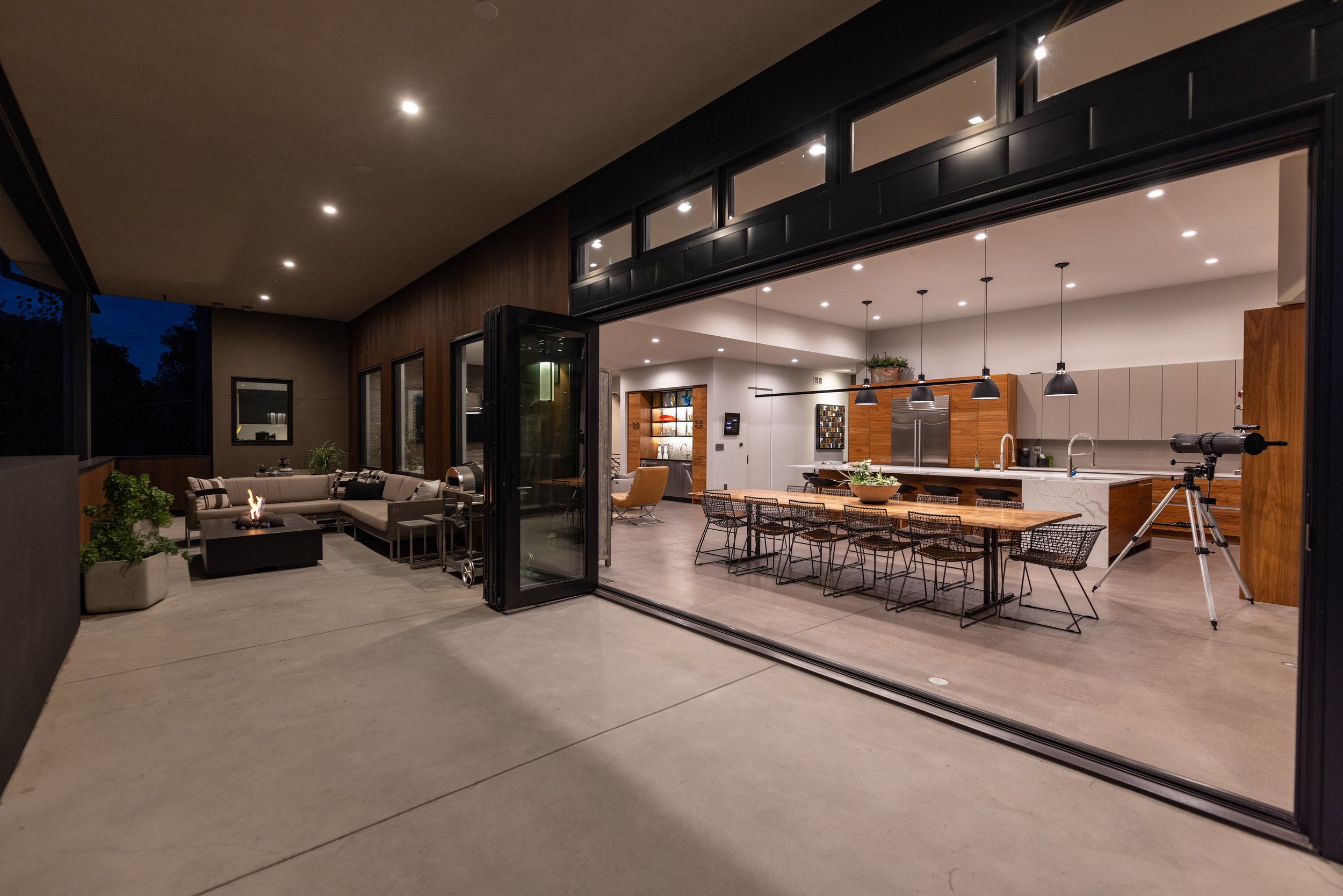The rate at which home prices grow is slowing down.
U.S. home prices increased 0.6% from a month before in February, in line with the 0.6% average monthly gain in the roughly eight years leading up to the Covid-19 pandemic, according to a new Redfin analysis.
Before the pandemic, it was normal for prices to grow about half a percent every month, or to increase around 5% or 6% annually, said Daryl Fairweather, the chief economist at Redfin.
“We’re back to that trend, despite these higher mortgage rates,” she said.
A similar trend appeared in Moody’s Analytics House Price Index, said Matthew Walsh, assistant director and economist at Moody’s Analytics.
“Home prices are appreciating at the same pace as before,” he said. “It’s returned to the trend that we saw pre-pandemic.”
However, the market today is vastly different from the market two to eight years ago, experts say. The average home is still unaffordable for most potential buyers while inventory has slightly improved but not enough to meet demand.
“The sentiment we’re getting… is that neither sellers nor buyers are satisfied with this market,” Fairweather said. “Sellers are dissatisfied ... with offers that they’re getting. And buyers are disappointed in rising prices and rising mortgage rates.”
Levels of transactions are at ‘recessionary lows’
While the housing market has stabilized in terms of price growth, a major difference between the market today and the pre-pandemic period is the relatively low number of transactions, which is largely due to high mortgage rates, said Fairweather. Mortgage rates peaked at nearly 8% last year, but are still over 6%, according to Freddie Mac data.
In fact, the level of transactions are at “recessionary lows” despite “a pop in the data in February,” Walsh said.
Another factor affecting sales is the extremely limited supply of homes, he added.
New listings climbed 5% during the last four weeks ended March 17, the biggest year-over-year jump since May 2023, Redfin found. But “it’s like a small recovery from a rock bottom,” said Fairweather.
“We’re not back to where we were pre-pandemic,” she said.
Supply growth is mostly tied to a seasonal trend, economists say. Owners often list their homes for sale in February because they prefer to move in the spring and summertime, Walsh said.
And sometimes, life happens. “Another factor is just people needing to move for either a new job or they’re getting married, or there’s some other big life event,” Fairweather said.
The rate lock-in effect is loosening its grip
The mortgage rate lock-in effect, also known as the golden handcuff effect, kept homeowners with extremely low mortgage rates from listing their homes last year: They didn’t want to finance a new home at a much higher interest rate. Now, that is loosening its grip on the market and slightly boosting available supply, economists say.
“It was definitely keeping people in place, but the more time that passes, the less strong that effect becomes,” Fairweather said.
Some buyers who had put off listing their homes “are coming to terms with higher mortgage rates,” because they feel they can no longer postpone the move, Walsh explained.
While the rate lock-in effect is still playing a role in today’s low inventory, it will fade further over time, especially as the Federal Reserve decides to cut rates later this year, Fairweather said.
Mortgage rates are also forecast to modestly decline this year as the Fed trims interest rates, while home prices are likely to remain flat or unchanged nationally, Walsh said.
New builds are slightly improving
New-home sales are running at the high end of the range seen pre-pandemic, averaging about 600,000 per month, Walsh said. There were 661,000 new homes sold in January, 1.5% more than in December, according to the U.S. Census Bureau.
Buyers frustrated with the tight supply of existing homes, are giving a lift to the new-home market. “Builders are certainly benefiting from that,” he said.
Homebuilders can also offer buyers incentives that homeowners might not, such as mortgage rate buydowns or price cuts, Walsh added.
However, the boost is not enough to bolster the acute housing supply across the country. “It’s going to take us some time to make up for that gap, even though they’re building more than before,” he said.
Read more at CNBC.com
Related Links
6 Essential Spring Home Maintenance Tasks To Do ASAP
Exploring Opportunities: How to Get Started in the Real Estate Market
‘The Best of Both Worlds’: The Spring Housing Market Might Just Change Everything for Homebuyers and Sellers
If there is a home that you would like more information about, if you are considering selling a property, or if you have questions about the housing market in your neighborhood, please reach out. We’re here to help.












